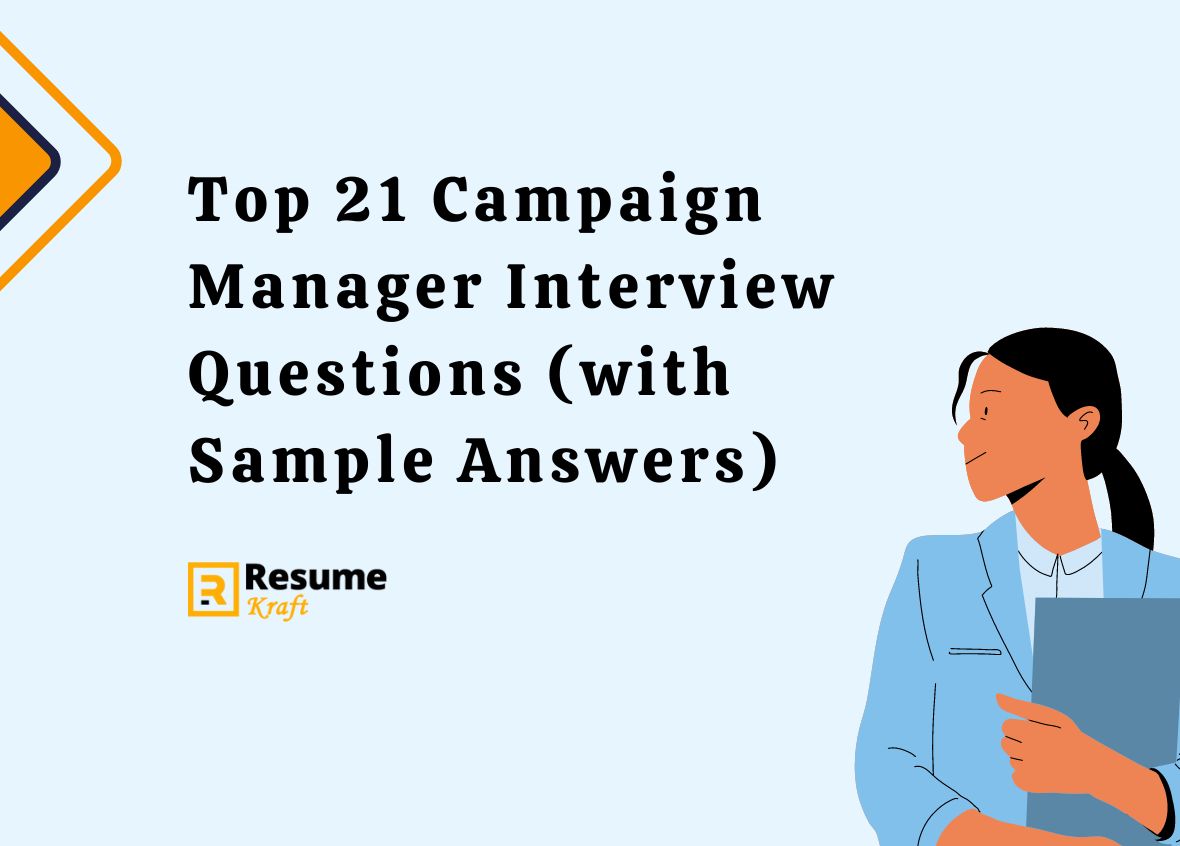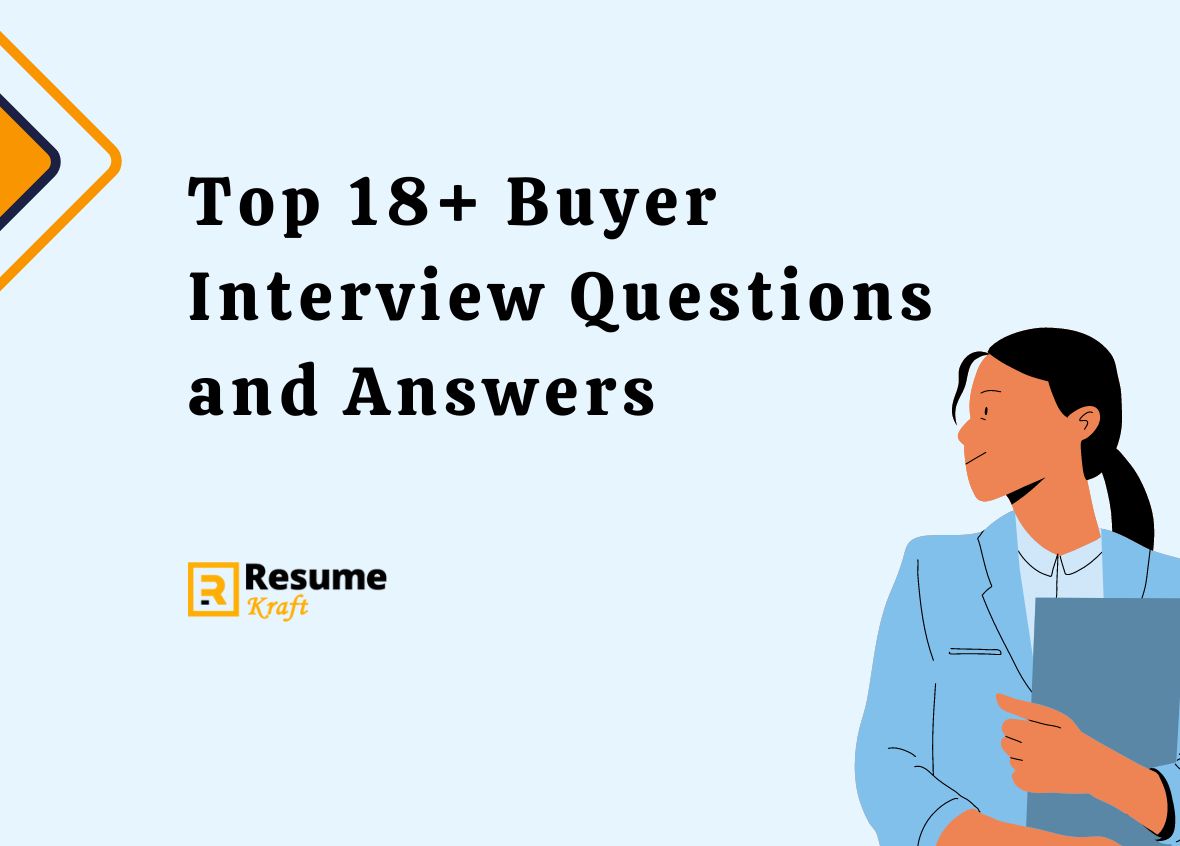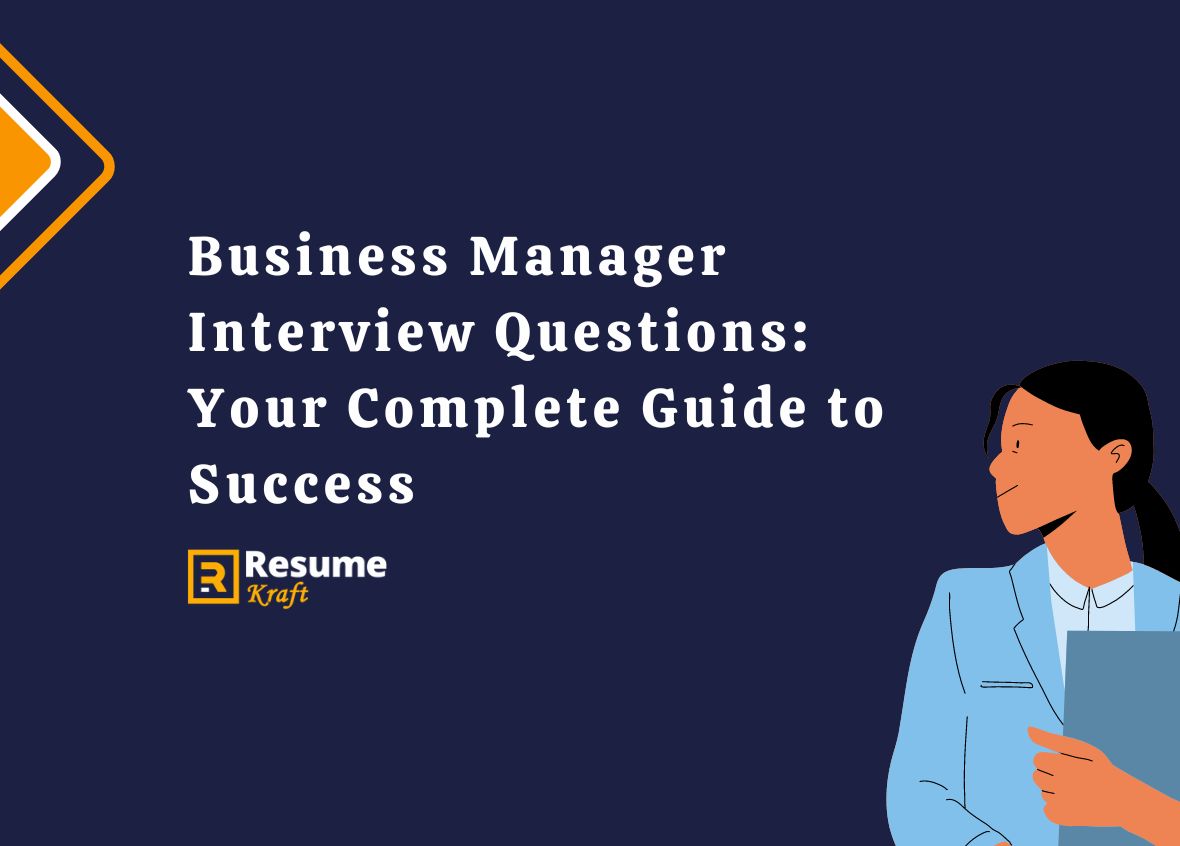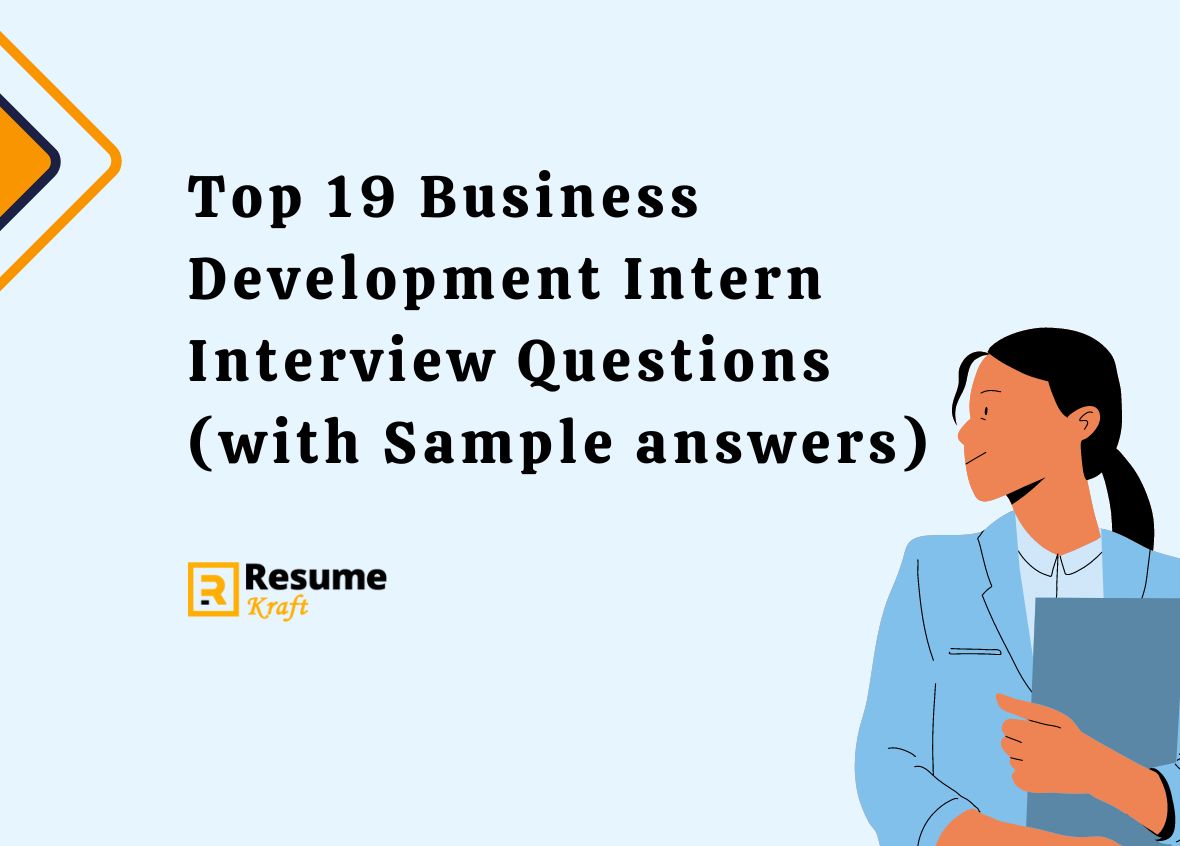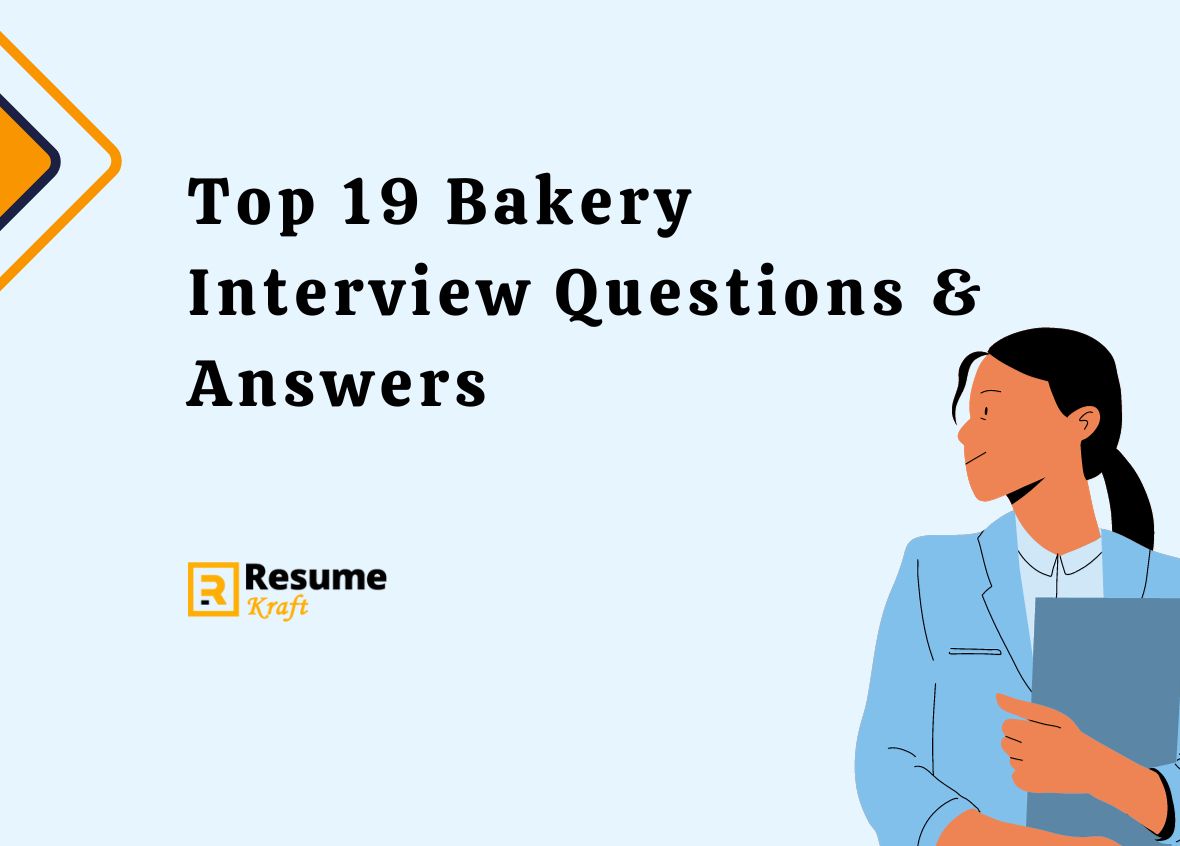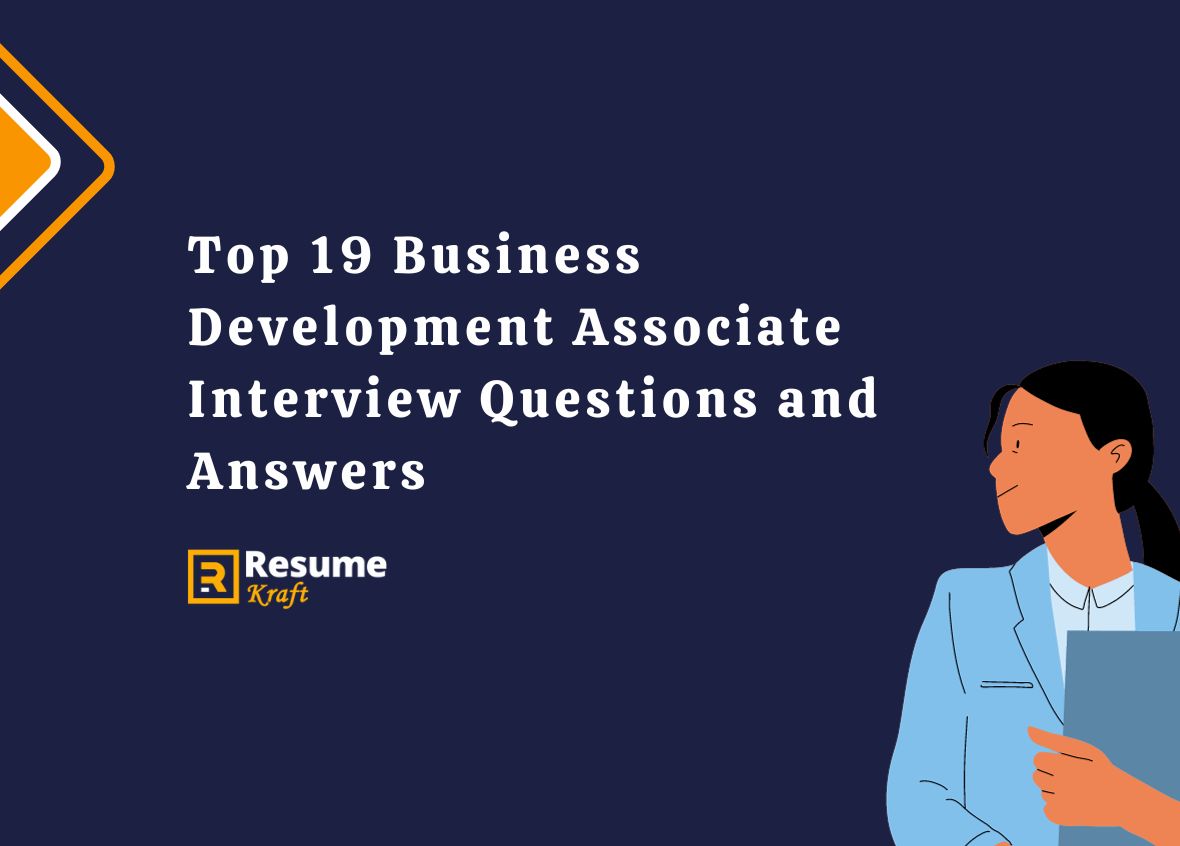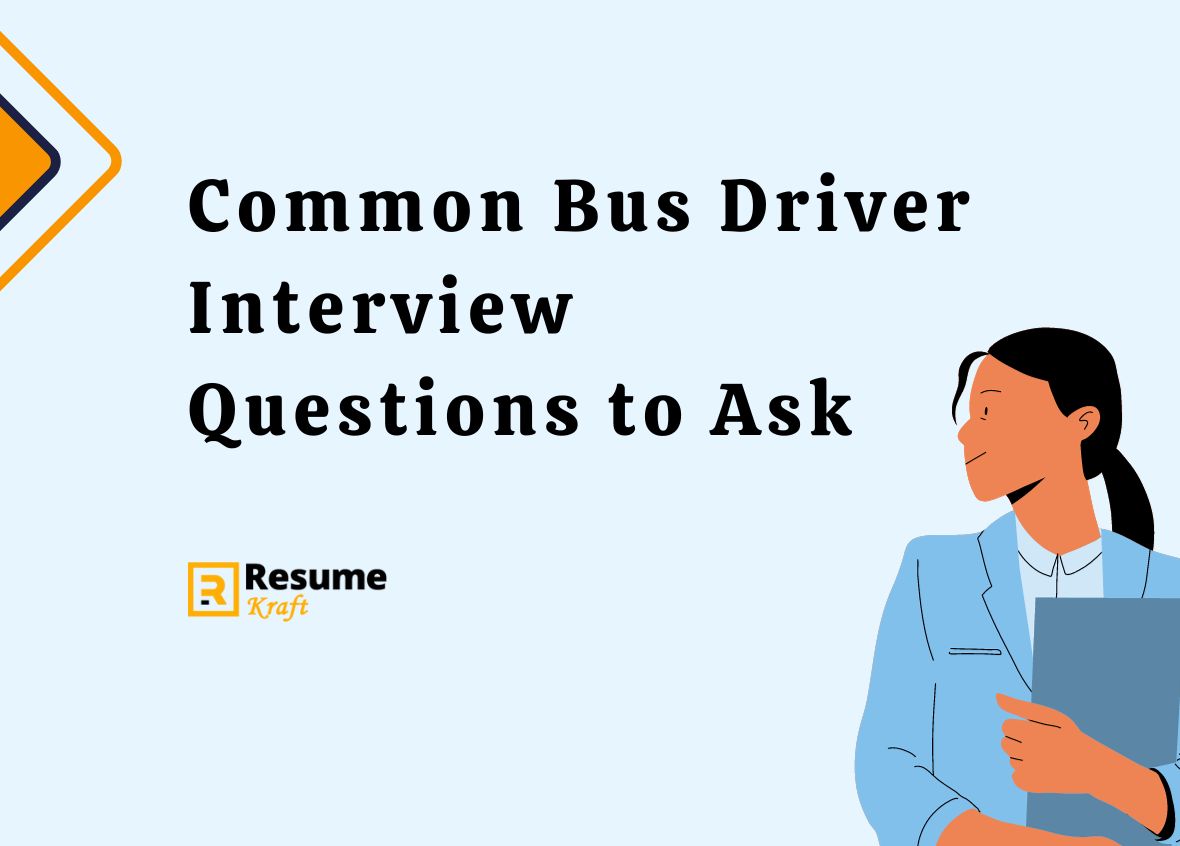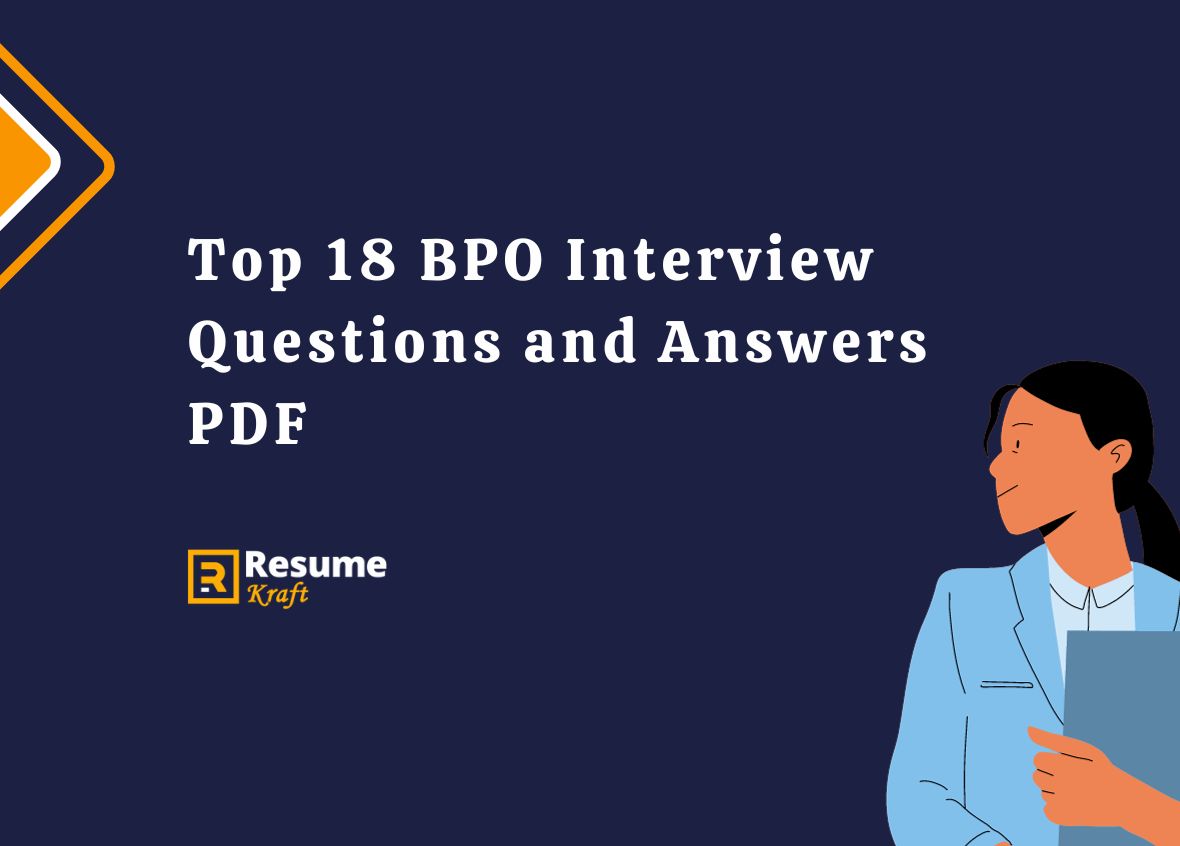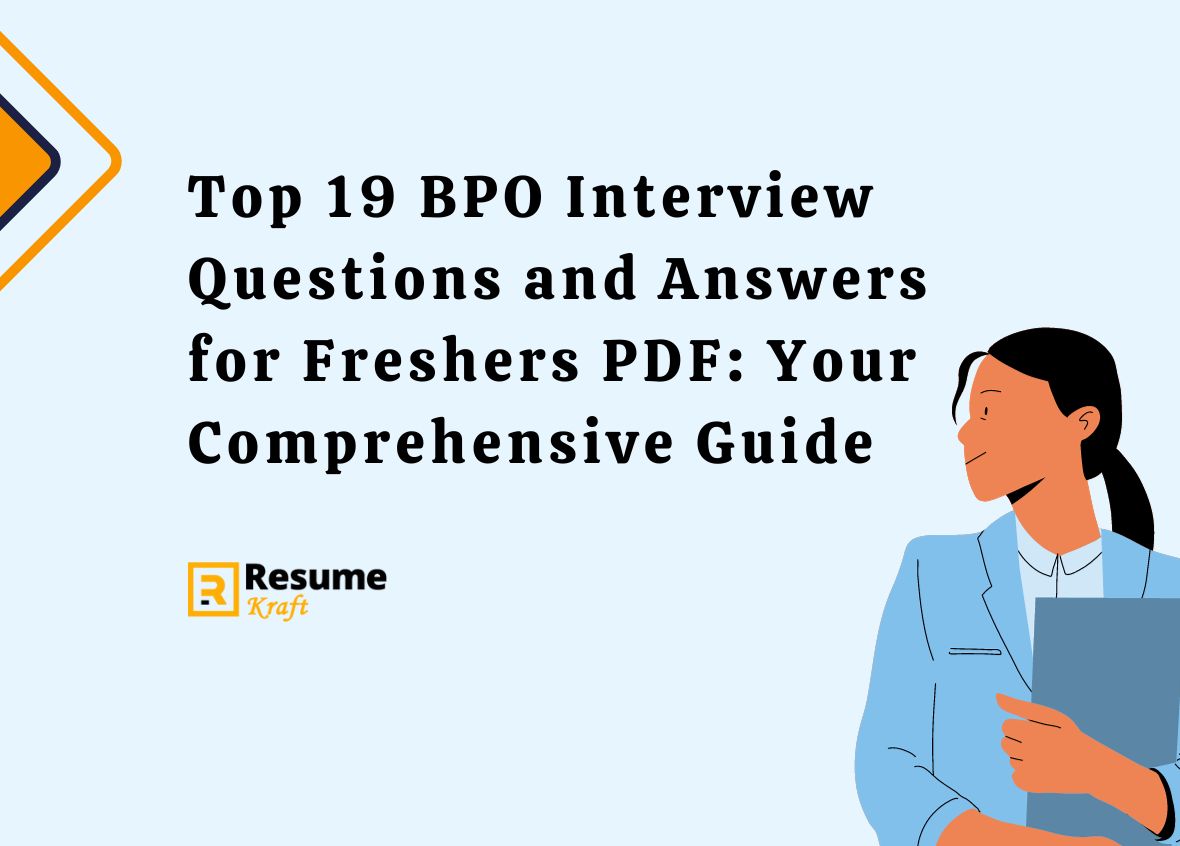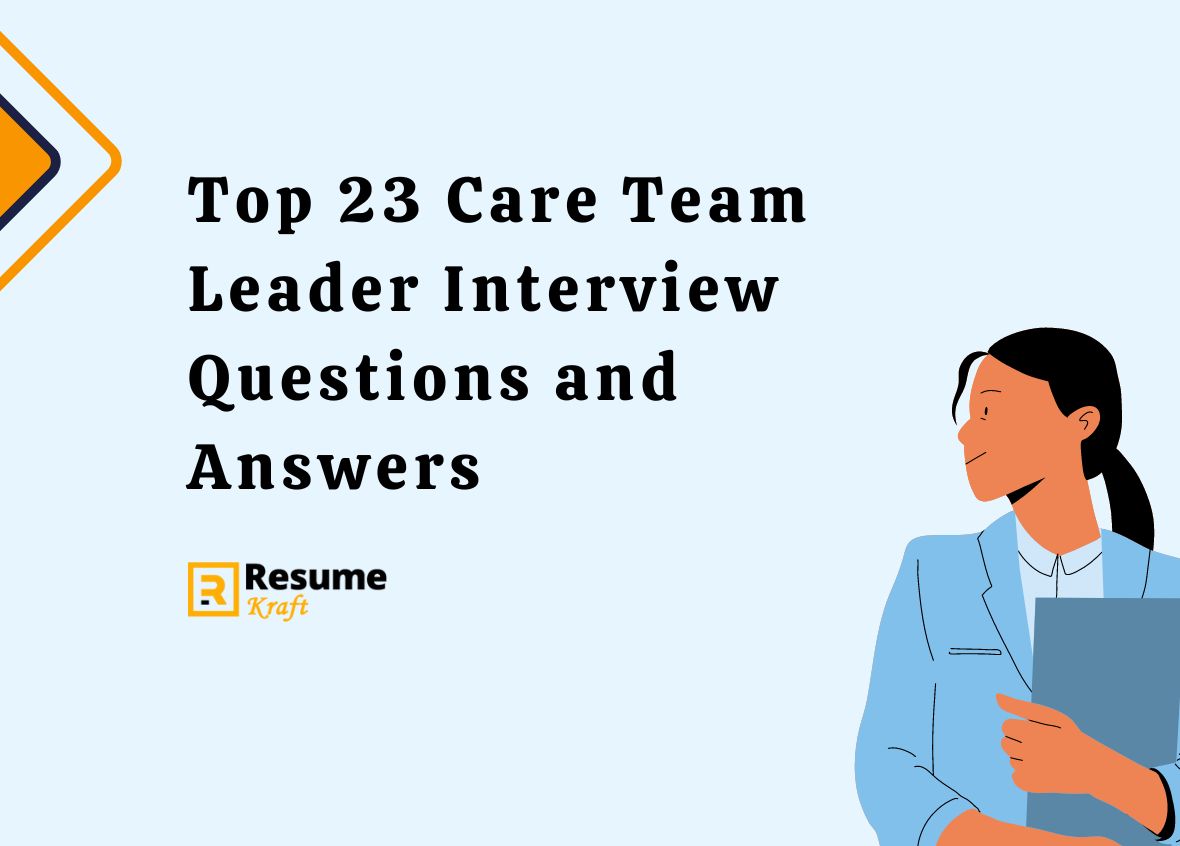
Top 23 Care Team Leader Interview Questions and Answers
Securing a position as a Care Team Leader in healthcare settings is a challenging yet rewarding endeavor. This role demands a combination of healthcare expertise, managerial acumen, and excellent interpersonal skills. As you get ready for your interview, it’s crucial to prepare responses to common questions that cover the broad spectrum of your duties and responsibilities. In this guide, we delve into the top 23 Care Team Leader interview questions and answers to help you prepare for success.
Getting ready for an interview in healthcare isn’t just about reviewing medical jargon or best practices. It also means preparing for questions that assess your leadership skills, conflict resolution abilities, and emotional intelligence. Let’s set the stage and dive into the comprehensive guide that will help you secure that Care Team Leader position.
- Top 23 Care Team Leader Interview Questions and Answers
- 1. Can you describe your experience with care coordination?
- 2. How would you handle a conflict between team members?
- 3. What qualities make a good Care Team Leader?
- 4. How do you prioritize tasks when everything is a priority?
- 5. Can you describe a challenging situation you’ve handled, and what you learned from it?
- 6. How do you motivate a team that’s underperforming?
- 7. What do you consider the most important aspect of patient care?
- 8. Describe your experience with healthcare compliance and regulations.
- 9. How do you manage stress, especially in a fast-paced healthcare environment?
- 10. How would you handle an underperforming team member?
- 11. How do you ensure high-quality patient care in your team?
- 12. How do you deal with a high turnover rate among team members?
- 13. Can you give an example of a difficult decision you had to make and how you handled it?
- 14. What steps do you take to maintain patient confidentiality?
- 15. How do you keep yourself updated with healthcare industry trends?
- 16. How would you advocate for your team in front of management?
- 17. How do you ensure that you are approachable to your team members?
- 18. Describe a situation where you had to be a mediator.
- 19. How do you handle performance evaluations?
- 20. How do you approach delegation?
- 21. How do you manage time in a busy healthcare setting?
- 22. What role does empathy play in your leadership style?
- 23. How do you manage professional development within your team?
- Conclusion
Top 23 Care Team Leader Interview Questions and Answers
Before we get into the thick of it, remember that your responses should reflect not only your technical know-how but also your people skills and leadership abilities. So, let’s get started!
1. Can you describe your experience with care coordination?
This question aims to determine how well you understand the concept of care coordination. It tests your experience in managing a multidisciplinary team and ensuring that patients receive holistic, high-quality care.
Sample Answer
“In my previous role at XYZ Healthcare, I led a team of nurses, medical assistants, and support staff. I was responsible for delegating tasks, monitoring patient flow, and ensuring that each team member contributed effectively to patient care. This experience gave me a deep understanding of how to manage a cohesive team that prioritizes patient outcomes.”
2. How would you handle a conflict between team members?
Conflicts can have a detrimental impact on team performance and patient care. This question gauges your conflict-resolution skills and your ability to maintain a harmonious work environment.
Sample Answer
“I believe in addressing conflicts head-on and as quickly as possible. In the case of a disagreement between team members, I would initially hold a private meeting with the involved parties to understand the issue. Open dialogue often resolves misunderstandings, and if necessary, I would consult HR or upper management to find a lasting solution.”
3. What qualities make a good Care Team Leader?
Your answer to this question will showcase your understanding of the role and your own self-assessment of how well you fit into it.
Sample Answer
“A good Care Team Leader should possess a range of skills, from clinical knowledge to managerial acumen. Empathy, excellent communication skills, and the ability to work well under pressure are also essential. The leader should be adaptable and open to feedback, continually striving for both personal and team improvement.”
4. How do you prioritize tasks when everything is a priority?
The healthcare setting often demands split-second decisions where many tasks seem equally critical. This question aims to test your decision-making skills under pressure.
Sample Answer
“In such situations, patient safety and well-being are my top priorities. I would triage tasks based on the urgency of medical needs and delegate less-critical responsibilities to competent team members. I also rely on established protocols and guidelines to inform my decisions and ensure that all necessary tasks are completed efficiently.”
5. Can you describe a challenging situation you’ve handled, and what you learned from it?
This question tests your problem-solving skills and, more importantly, your ability to learn and adapt from past experiences.
Sample Answer
“I once had to manage a staff shortage during a particularly busy shift. It required a quick reorganization of roles and resourceful delegation. Though it was a stressful situation, we managed to get through it without compromising patient care. The experience taught me the value of being adaptable and resourceful, skills that I believe are crucial for any Care Team Leader.”
Build your resume in just 5 minutes with AI.

6. How do you motivate a team that’s underperforming?
Motivating a team that’s not meeting expectations is a common challenge in leadership roles. Your answer should demonstrate your ability to inspire and make effective changes.
Sample Answer
“I believe in identifying the root cause of the underperformance first, whether it’s lack of training, low morale, or poor communication. Depending on the issue, I would then implement targeted solutions, such as additional training sessions or team-building activities. Transparency and open communication are key; I would keep the team updated on our progress and celebrate improvements to boost morale.”
7. What do you consider the most important aspect of patient care?
Patient care is multifaceted, and this question aims to understand what you prioritize. Whether it’s safety, empathy, or effective treatment, your answer will reveal a lot about your approach.
Sample Answer
“While it’s challenging to pinpoint just one aspect as the most important, if I had to choose, I would say patient safety. Ensuring that a patient is safe is the foundation upon which all other aspects of high-quality care are built, be it effective treatment, empathy, or timely service.”
8. Describe your experience with healthcare compliance and regulations.
Compliance with healthcare laws and guidelines is critical. This question assesses your knowledge and experience in maintaining compliance in a healthcare setting.
Sample Answer
“In my previous role, I
was responsible for ensuring that our team complied with all federal and state healthcare regulations, including HIPAA and OSHA. I regularly conducted audits and training sessions to keep the team updated. Ensuring compliance not only minimizes legal risks but also contributes to better patient care.”
9. How do you manage stress, especially in a fast-paced healthcare environment?
The ability to manage stress effectively is crucial for any leadership role, especially in healthcare where the stakes are high.
Sample Answer
“Stress is inevitable in a fast-paced healthcare setting. What matters is how you manage it. I practice deep-breathing exercises and maintain a level of self-awareness that helps me recognize when I’m becoming stressed. I also believe in leading by example; maintaining my composure helps the team stay focused even during high-stress situations.”
10. How would you handle an underperforming team member?
An underperforming team member can impact the entire team’s performance and compromise patient care. Your answer should show your ability to manage this delicately but effectively.
Sample Answer
“Addressing an underperforming team member requires a careful and respectful approach. I would start with a one-on-one meeting to discuss their performance issues and to understand any underlying problems. Then, we would work together on an improvement plan, which could include additional training or mentorship, with regular follow-ups to assess progress.”
11. How do you ensure high-quality patient care in your team?
Maintaining a high standard of patient care is the ultimate goal for anyone in a healthcare leadership position. This question assesses your strategies for achieving this objective.
Sample Answer
“Ensuring high-quality patient care is a team effort that starts with clear communication of expectations and standards. I make sure that protocols are not only followed but are also regularly updated. Staff training sessions and performance reviews serve as tools for continuous improvement. I also encourage feedback from the team and patients to identify areas where we can improve.”
12. How do you deal with a high turnover rate among team members?
A high turnover rate is problematic in healthcare, affecting continuity of care and team morale. This question gauges your ability to retain staff and maintain a stable team.
Sample Answer
“High turnover often points to deeper issues such as low job satisfaction or lack of growth opportunities. I would begin by conducting exit interviews and anonymous surveys to identify the root causes. Based on this data, I would implement changes like career development programs, better work-life balance, or improved compensation packages to retain staff.”
13. Can you give an example of a difficult decision you had to make and how you handled it?
Leaders are often faced with making challenging decisions. This question evaluates your decision-making skills and ethical considerations.
Sample Answer
“In a previous job, I had to decide between promoting one of two highly qualified nurses. Both were excellent, but had different strengths. After carefully evaluating team needs and discussing with other supervisors, I promoted the one who had the specific skills we needed at the time. It was tough, but I learned that transparent communication and reasoned decision-making are key in such situations.”
14. What steps do you take to maintain patient confidentiality?
Patient confidentiality is a cornerstone of healthcare, and this question evaluates your understanding and compliance with this ethical principle.
Sample Answer
“Patient confidentiality is non-negotiable. I ensure that all team members are trained in HIPAA compliance and that they understand the gravity of violating these guidelines. All patient information is kept secure, and I maintain strict control over who has access to this information. Regular audits help in identifying any potential lapses.”
15. How do you keep yourself updated with healthcare industry trends?
Being up-to-date with industry trends is crucial for effective leadership in healthcare. This question evaluates your commitment to continuous learning.
Sample Answer
“I regularly read industry publications, research papers, and attend webinars and conferences whenever possible. Networking with other professionals also provides valuable insights. I believe that continual learning is essential for adapting to the fast-paced changes in healthcare.”
16. How would you advocate for your team in front of management?
Advocacy is an important part of leadership. This question assesses your ability to represent your team’s needs and concerns at higher levels of management.
Sample Answer
“To effectively advocate for my team, I first ensure that I fully understand their needs, concerns, and aspirations. Armed with this knowledge, I can present a well-reasoned case to management, backed by data whenever possible. Open communication channels between me and my team, as well as between me and upper management, are crucial for this.”
17. How do you ensure that you are approachable to your team members?
Being approachable fosters better communication and teamwork. Your answer should indicate your strategies for being accessible to your team.
Sample Answer
“I keep an open-door policy and make it known to my team that I am available for any questions or concerns they may have. I also make an effort to regularly walk around the unit, engaging with team members informally. This not only makes me more approachable but also keeps me in tune with the team’s morale and any potential issues.”
18. Describe a situation where you had to be a mediator.
Conflict resolution is part of the job. This question aims to understand your skills in being a neutral mediator to resolve issues within the team.
Sample Answer
“I once had two team members who disagreed on how to implement a new patient care protocol. I arranged a meeting where each could present their point of view. By facilitating a constructive dialogue and suggesting a compromise, we were able to resolve the issue without affecting patient care.”
19. How do you handle performance evaluations?
Performance evaluations are a sensitive but necessary part of team management. Your answer should demonstrate fairness, transparency, and a focus on development.
Sample Answer
“I believe performance evaluations should be a two-way street. I provide clear and constructive feedback, citing specific examples to make my points. But I also encourage team members to share their thoughts on their own performance and on the team dynamics as a whole. This fosters a culture of continuous improvement.”
20. How do you approach delegation?
Effective delegation is crucial for any leader. This question tests your ability to delegate tasks in a way that ensures high-quality care and team development.
Sample Answer
“I approach delegation based on the skill set of my team members and the tasks at hand. I consider who is most capable of performing a task effectively and efficiently but also look at opportunities for less experienced team members to grow. Clear communication is key in setting expectations when delegating.”
21. How do you manage time in a busy healthcare setting?
Time management is critical in healthcare, where schedules are often unpredictable. Your answer should demonstrate your ability to manage time effectively, both for yourself and your team.
Sample Answer
“I prioritize tasks based on their level of urgency and importance. I also use tools like checklists and electronic health records to stay organized. Ensuring that the team is aligned and aware of their roles and responsibilities also goes a long way in effective time management.”
22. What role does empathy play in your leadership style?
Empathy is important in healthcare for both patient care and team management. This question assesses the value
you place on being empathetic as a leader.
Sample Answer
“Empathy is central to my leadership style. It helps me understand the emotional and professional needs of my team, as well as the concerns and needs of our patients. Being empathetic fosters a supportive work environment and leads to better patient care.”
23. How do you manage professional development within your team?
Professional development is key for job satisfaction and improved performance. Your answer should reflect how you ensure continuous learning and growth within the team.
Sample Answer
“I promote professional development by providing opportunities for training and advancement. I also set up mentorship programs within the team to help less experienced staff learn from their more experienced colleagues. Regular performance reviews help identify areas for improvement and potential for growth.”
Conclusion
If you’ve made it this far, congratulations! You’re now equipped with a deep understanding of what it takes to ace a care team leader interview. These questions are designed to probe various aspects of your skills, knowledge, and temperament required for effective leadership in healthcare settings. Preparing thoroughly for these questions will not only help you answer confidently but will also give you valuable insights into your own leadership style. Best of luck in your upcoming interview!
Remember to utilize resources like AI Resume Builder, Resume Design, Resume Samples, Resume Examples, Resume Skills, Resume Help, Resume Synonyms, and Job Responsibilities to create a standout application and prepare for the interview.

Build your resume in 5 minutes
Our resume builder is easy to use and will help you create a resume that is ATS-friendly and will stand out from the crowd.


